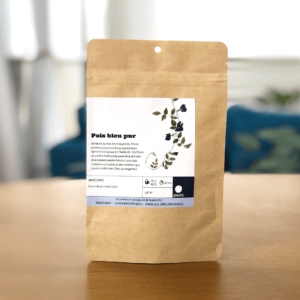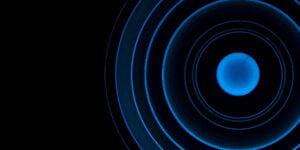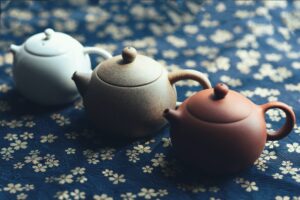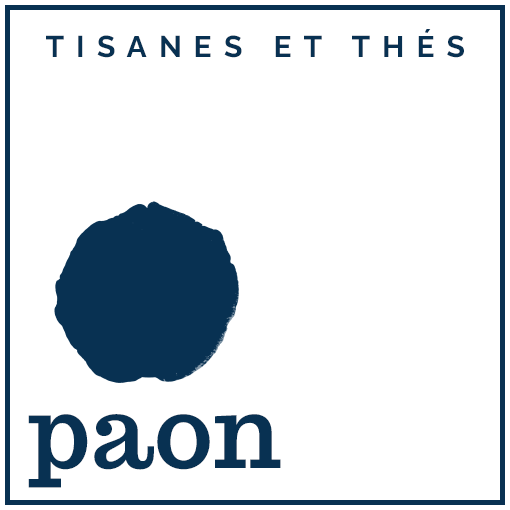The Food and Drug Administration’s (FDA) final verdict
Summary: concentrated butterfly pea extract had no negative effects on animals, people, cancer risk, or DNA integrity – even at high doses. Certification is not necessary for public health.
There are many examples of bright colouring in the animal world that read as warning signals, a phenomenon called aposematism. However, we may also falsely superimpose this warning system onto unfamiliar plants around us. When looking at a brightly coloured plant or food that is new to us, such as butterfly pea tea, we may be unconsciously assessing whether or not it’s safe to eat. So, it comes with great relief that contrary to the animal world, these bright displays of plant colour have evolved in order to attract pollinators ! 🐝
In September 2021 the FDA of the United States of America published their final verdict on butterfly pea. After extensive testing, research, and literature reviews they concluded that highly-coloured butterfly pea (Clitoria ternatea) extract was indeed safe. This extract contained 22-43% carbohydrates, 8-12% protein, and antioxidants such as anthocyanins, and flavanols. In regards to public health safety, the report reiterated that :
“…anthocyanins and flavanols are naturally present in various fruits and vegetables commonly consumed in the U.S. diet.
Federal Register Vol. 86, No. 168, September 2021
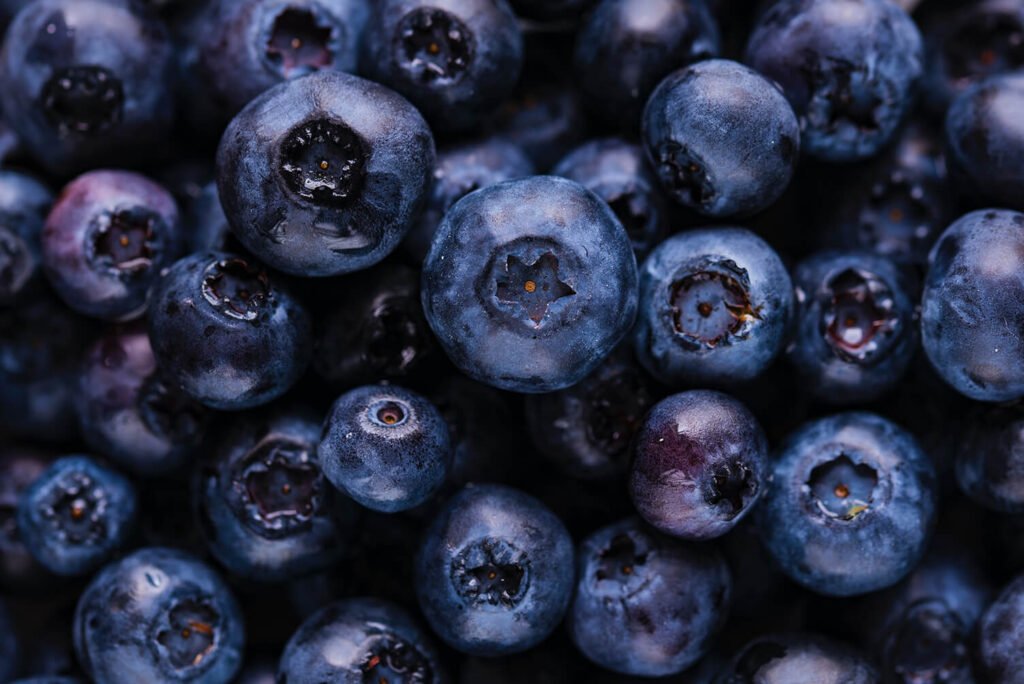
In brief, the FDA concluded that:
- No adverse effect was observed with high doses of butterfly pea (~500x the 90th percentile average exposure) in 90 day studies
- Long-term toxicity is unlikely because a) no toxic effects were identified, b) systemic oral absorption of anthocyanins is generally low, c) humans showed good tolerance d) anthocyanins are already present in common food plants
- the flower extract was non-mutagenic, non-genotoxic, and was not likely to affect the risk of cancer
- Clinical trials suggest tolerance at much higher doses of butterfly pea than general exposure level
- Undesirable molecules were not present in the flower extract
Conclusion :
“… certification of butterfly pea flower extract is not necessary to protect the public health.”
Federal Register Vol. 86, No. 168, September 2021
This extract is much more concentrated than the butterfly pea tea we would make at home. Because no negative effects were reported with the extract, we can safely conclude that our blue teas are healthy and highly beneficial – a great choice for a caffeine-free cup of goodness!
Link to the FDA final ruling.
